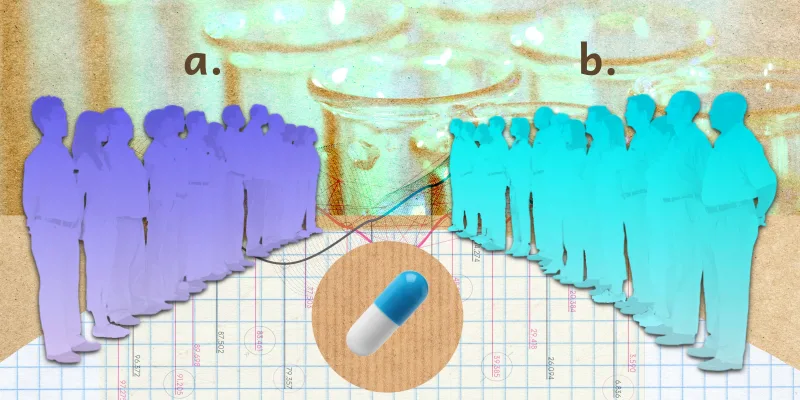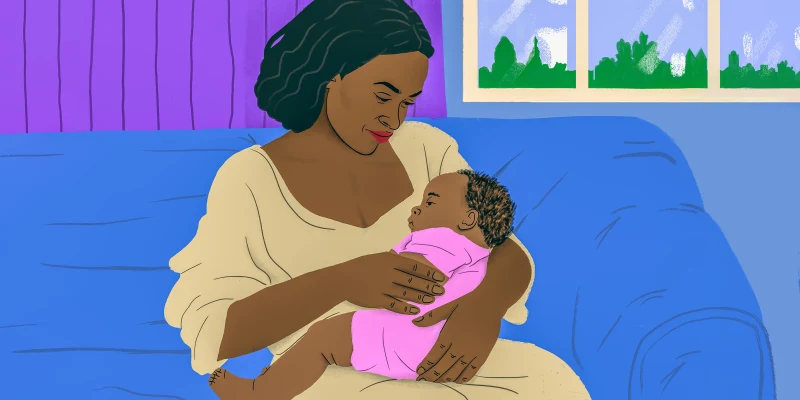On Thursday night, the eve of the Heart Failure Society of America conference scheduled in Atlanta, a flurry of text messages circulated among attendees:
"Is HFSA still going to happen?"
"Are you still flying in?"
"How is the weather out there?"
Later that evening, HFSA president Dr. James C. Fang and the Board of Directors sent an email announcing the cancellation of the annual meeting due to Hurricane Helene.
The heart failure community's reaction was a mix of sadness and understanding, acknowledging that HFSA had made the right decision. The devastation wrought by Helene across the Southeast reinforced this sentiment.
By Friday evening, planners swiftly took action to salvage some of the conference content. Instead of delaying the release of up-to-date science, an announcement stated Late Breaking Clinical Research Sessions would be livestreamed through the weekend, and the embargoed abstracts would be available as originally planned. This nimble response demonstrated the HFSA's commitment to sharing cutting-edge research with the medical community, especially in the face of unexpected challenges.
Among the Late Breaking Clinical Research Sessions, a much-needed focus on new therapeutics for heart failure with preserved ejection fraction (HFpEF) and hypertrophic obstructive cardiomyopathy (HOCM) was prominently featured. I found the results of three key studies, which were simultaneously published in the Journal of the American College of Cardiology (JACC), especially fascinating.
The cardiac myosin inhibitor (CMI) mavacamten is an approved therapy for symptomatic patients with obstructive hypertrophic cardiomyopathy (oHCM) Mavacamten's success in treating obstructive HCM and its ability to reduce cardiac biomarkers in nonobstructive HCM suggested potential benefits for HFpEF patients. The EMBARK-HFpEF was a phase 2a open-label, multicenter trial aimed to assess the efficacy and safety of mavacamten in HFpEF. Thirty patients with symptomatic HFpEF (LVEF of 60% or greater with elevated NT-proBNP) were treated with mavacamten for 26 weeks. The study authors found that mavacamten was associated with significant reductions in cardiac biomarkers during treatment and that biomarker values returned toward pre-treatment levels after drug discontinuation. Symptoms assessed by the NYHA class also improved in 10 of 24 patients (41.7%), and improvements in echocardiographic markers of LV diastolic function were observed. This trial marks the first experience with CMI treatment in HFpEF patients, a complex condition with previously limited treatment options. The positive outcomes in functional class improvement and diastolic stress reduction suggest that mavacamten could be a valuable addition to the HFpEF treatment arsenal, pending further investigation through larger, randomized clinical trials to confirm the efficacy and safety of mavacamten in HFpEF patients.
Mavacamten, the first-in-class CMI approved by the FDA to treat oHCM, reduces ejection fraction due to its mechanism of action, necessitating frequent echocardiographic assessments for risk evaluation. Aficamten, another CMI with a similar mechanism (decreasing active actin-myosin cross-bridges within the sarcomere), has a shorter half-life, allowing for more rapid dose titration and drug washout. The SEQUOIA-HCM trial aimed to define aficamten's clinical efficacy in oHCM, randomized 282 participants with symptomatic oHCM to receive either aficamten plus standard of care or placebo plus standard of care for 24 weeks. Results showed that aficamten-treated patients experienced significant improvements in limiting symptoms, obstructive gradient, exercise capacity, and NT-proBNP levels compared to placebo. Notably, by 24 weeks, 88% of treated patients no longer met the criteria for septal reduction therapy, compared to 55% in the placebo group. These results promise a broader range of therapeutic options for individualized oHCM treatment.
FINE-ARTS: Finerenone in Heart Failure with Mildly Reduced and Preserved Ejection Fraction
The FINEARTS-HF trial, initially presented at the European Society of Cardiology Congress 2024, demonstrated that the non-steroidal mineralocorticoid receptor antagonist finerenone reduced the risk of worsening heart failure (WHF) events and death in patients with symptomatic HF with mildly reduced and preserved ejection fraction (HFmrEF/HFpEF). Three follow-up studies at the HFSA meeting provided deeper insights into the FINEARTS-HF data. An intriguing analysis showed that the primary endpoint (cardiovascular death and total WHF events) showed statistical and clinical significance within one month of starting finerenone. Furthermore, patients who had experienced a recent WHF event derived greater absolute treatment benefits from finerenone when compared to those without a recent event. These findings emphasize the importance of early initiation, rapid therapy optimization, and intense follow-up for HFmrEF/HFpEF patients, similar to the approach recommended for HF with reduced ejection fraction (HFrEF). Historically, HFmrEF and HFpEF populations have been managed with less urgency compared with HFrEF patients. These results highlight the importance of rapid therapy optimization and intense follow-up regardless of ejection fraction.
The HFSA 2024 conference was a memorable one. The devastation left by Hurricane Helene is another reminder of pressing issues like climate change. I appreciate the dedication of the HFSA 2024 team in their rapid response to disseminate the latest findings with the ultimate goal of supporting a longer and better quality of life for heart failure patients.
Please reach out to donations@fema.dhs.gov for information on donations and volunteer opportunities for those affected by Hurricane Helene.
Dr. Kelkar has no conflicts of interest to report.
Image by OsakaWayne Studios / Getty Images






